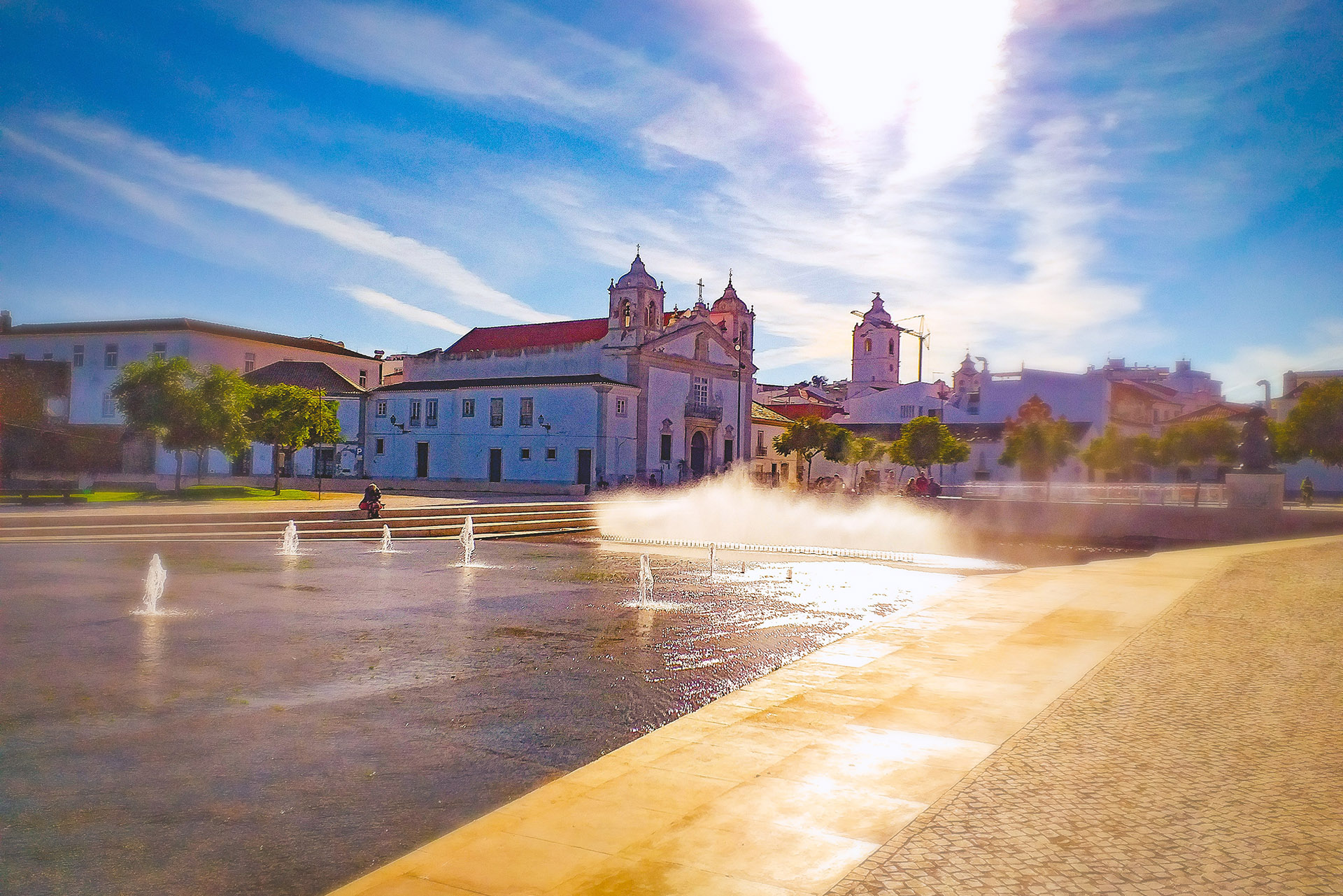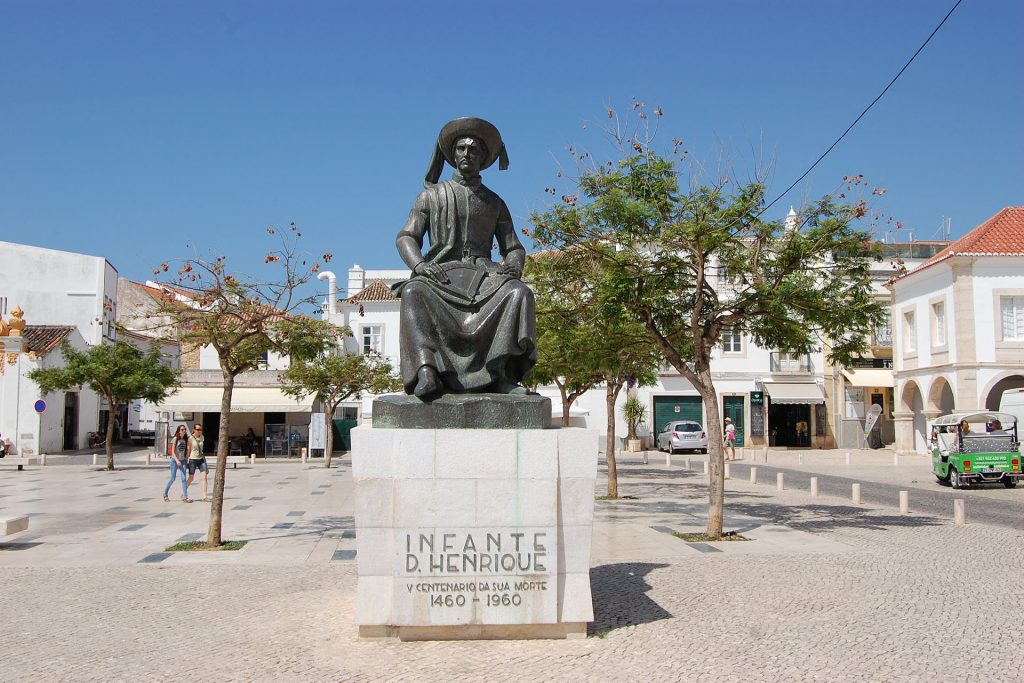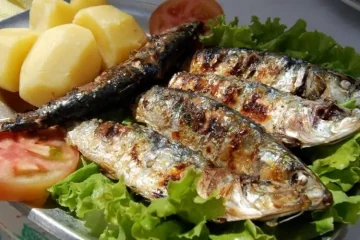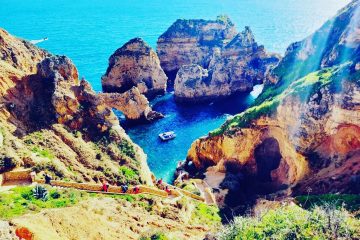Lagos History: What you need to know

The history of Lagos is long and interesting. Long before the Romans came, the Phoenicians had a trading settlement situated on a large, protected bay. Also, Greeks and Carthaginians traded with this settlement. This can be attested by different coins that you can see in the museum of Lagos. The Romans occupied the region and called this settlement Lacóbriga, giving origin to the current name of Lagos. However, during the period of the Moorish occupation, the name of the town was Zawaya (meaning lago, or lake). The Moors fortified the town with a wall that still exists.
Conquest of Lagos
In 1189, a Portuguese army, helped by European crusaders, conquered the town before attacking Silves in the same year. However, the Moors reconquered the town two years later. They remained in town until the middle of the 13th century. The definite reconquest of Lagos by the Portuguese was in the 13th century.
Because of its superb natural harbor, Lagos became the main base port of the Portuguese discoveries. This was in the time of Henry the Navigator (15th century), who lived in Lagos, and was the governor of the Algarve. The palace of the governor was situated inside the defensive wall. There is still a street called Rua do castelo dos governadores (street of the governor’s castle).

Age of discoveries
Lagos played an important role not only in the Portuguese, but in the European history. After all, the Age of Discoveries was started from Lagos. By the beginning of the 15th century, Lagos became known as the Portuguese center from which to explore the seas. In 1415, a Portuguese fleet of 200 ships commanded by Henry the Navigator sailed from Lagos to attack the important trade and fortress city of Ceuta in Morocco. This was the start of the Portuguese expansion. Gil Eanes, a captain from Lagos, rounded Cape Bojador (West Africa) in 1434. Until then, no Europeans had dared to round this cape, which was the furthermost point known by the Europeans in Africa.
Caravels sailing from Lagos started discovering the African coast. They brought back treasures from that part of the world: ivory, spices, gold and the first slaves. The building of the slave market from the 15th century can still be seen on the Praça da República in Lagos. Lagos took control over the African trade and became the most important town in the Algarve and its capital between 1576 and 1756. The town was greatly destroyed by the terrible earthquake of 1755. As a result, the capital from the Algarve changed from Lagos to Faro.
Source: www.algarvetips.com


